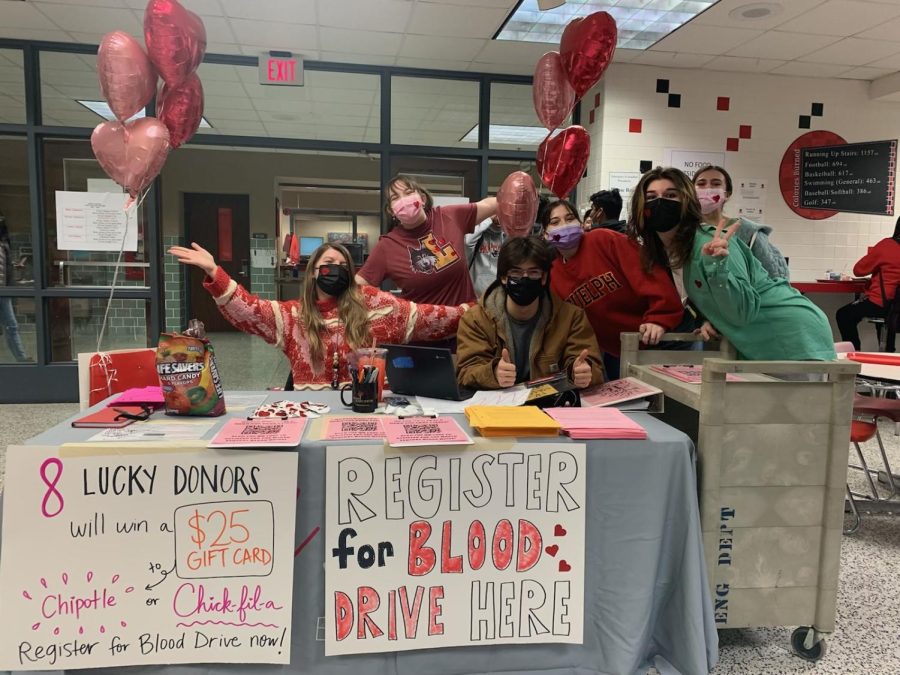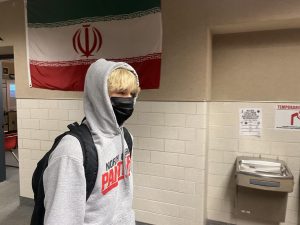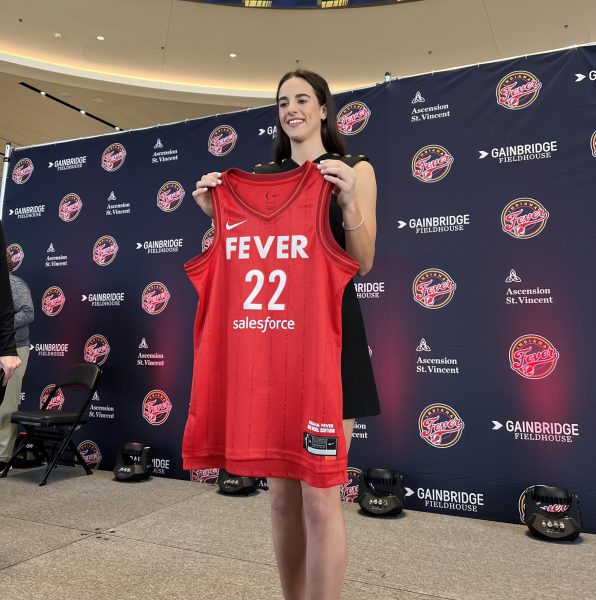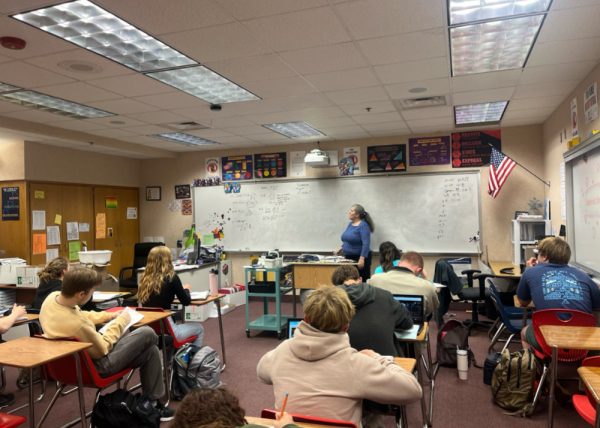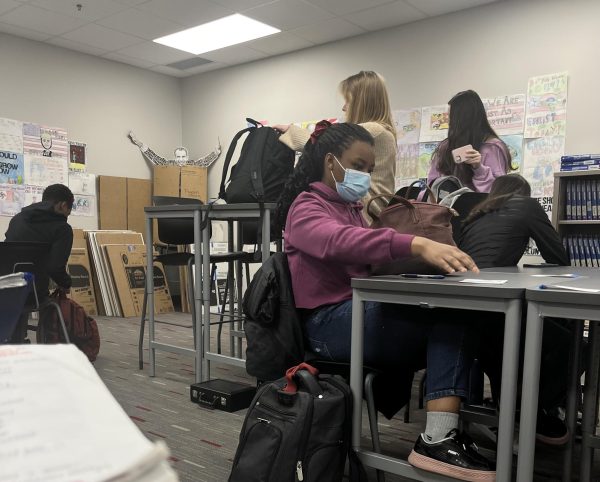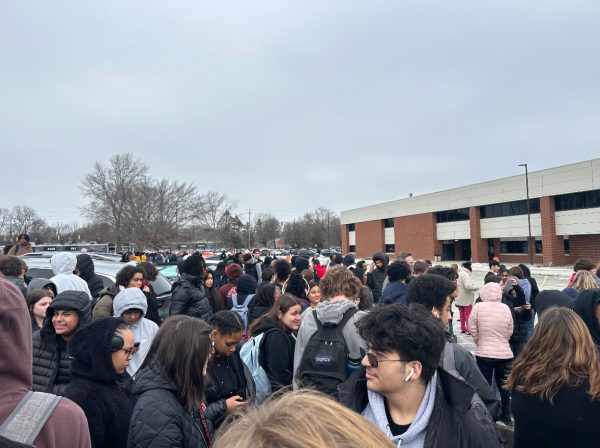Students work to help to end blood shortage
Students sit at the Blood Drive sign up table hoping to get participants for the upcoming blood drive.
January 28, 2022
For some, a blood drive is a great opportunity to give back to the community. For others, it brings back a common fear of needles. Regardless of these feelings, the annual senior blood drive has hit NC, promoting and encouraging students to donate blood.
The blood drive will take place on February 10 and 11, but registration for the blood drive is this week from January 24-28. Donors must be 16 years or older, in good health and weigh over 110 pounds.
The actual task of donating blood is a quick process. With a prick of a needle, a pint of blood is collected for 8-10 minutes. After the donation process is complete, refreshments are offered to help recover from the loss of blood.
For Olivia Watson, the Senior Class Council adviser, it is crucial to donate blood especially due to a national blood shortage.
“There is a big need for blood in hospitals right now,” said Watson.
Hospitals this year are faced with a crucial and important problem: a national blood shortage. This national blood shortage has been one of the worst in over a decade according to the American Red Cross organization. Doctors have been forced to make decisions regarding which patients can receive blood transfusions and which patients have to wait.
The goal of the blood drive is to have 1,000 donors donate. In the past, NC has provided one of the largest donations in the state of Indiana, collecting over 350 units of blood each year.
As a former panther herself, Watson was involved in the blood drive in 2015. Watson’s favorite part is seeing students get involved in donating blood, and seeing that you don’t have to be an adult to give back to the community.
The process of organizing a blood drive takes “a lot,” said Waston.
“There is coordinating with the blood center, we work with someone specifically assigned to NC to talk about set up, timelines, and the registration process on their end,” said Watson.
COVID-19 has played a big role in the blood shortage. Since COVID started, 10% of overall blood donations have declined. COVID has challenged the process of donating blood, because although people schedule to donate blood there are cancellations due to surges in high COVID areas, according to the Red Cross. COVID has not stopped people from donating.
“It is 100% safe to give blood during COVID”, said Watson. “The blood centers have been conducting blood drives since quarantine, everything is sterilized and they use different tools. You are never not socially distant for more than 15 minutes”.
For those worried about the blood donation process, according to the American Red Cross organization, it is recommended to drink lots of water before a donation to avoid dehydration. Blood donors are encouraged to eat rich iron foods to replace blood loss with iron.
“First time blood donors should talk to parents, and have a permission slip signed even if you are 17 and 18, old enough to give blood without parents consent. Also talk to someone you know who’s donated before,” said Watson.
